“rich in effects but also emotional”
Ton Koopman on Handel’s Messiah
50 years of Carus – 50 years of passion for choral music, which we share with you. In the Carus anniversary year, each month in the CARUS blog prominent choral directors present their personal highlight from five centuries of choral music for you.
When I first sang the Hallelujah from Handel’s Messiah with the parish church choir as a six-year-old boy, I had no idea that I was getting to know one of the most famous masterpieces in music history. But one thing was clear to me: it is wonderful to sing! Even with only an organ as accompaniment, pulling out all the stops! From that moment on, I looked forward to every high feast day in church when I could sing this fantastic chorus, the Hallelujah.
Some ten years later, I performed the entire Messiah for the first time with a local choir and a chamber orchestra. I played on a small spinet that might not have been heard in church, but it was a wonderful experience. Much later, with my first baroque orchestra Musica Antiqua Amsterdam and the Collegium Vocale conducted by Philippe Herreweghe, we performed an “authentic” version of Messiah. I had done a lot of research and had discovered all sorts of things that I could later expand in the Carus edition. Among other things, I had read that Handel often played an organ concerto himself during oratorio performances. For our concert at the Holland Festival we decided to do the same. The organ concerto was played unannounced during one of the intervals, and many listeners came back to hear it.
Handel’s masterpiece always remains on my desk. I love this music, which is rich in effects but also emotional. For me, the improvisational element for the vocal soloists is of course an indispensable aspect. I enjoy working with them on this because I know that Handel’s singers were very experienced at improvising. I have also conducted the Messiah many times, with modern orchestras and choirs, in the USA and Japan. I have also tried out all the existing versions that Handel left us in his manuscripts, whether for practical or aesthetic reasons, just as they are found in the Carus edition.
When Handel premiered his Messiah on 13 April 1742, he must have realized that he had composed a groundbreaking work. Even during his lifetime, a tradition of annual charity performances was established. After his death, public love for Messiah continued to grow, and today it is one of the most popular works of all time. Handel knew how to impress with his famous choruses and, above all, how to touch the heart. I hope that the Messiah will also enchant new generations!
Translation: Gudrun and David Kosviner
George Frideric Handel: Messiah
Carus 55.056
Ton Koopman (1944) is an authority in the field of early music and historical performance practice. As a harpsichordist, organist and conductor, he has performed for decades in the world’s most famous concert halls. As an organist, he has played on the most important historical instruments in Europe. In 1979 he founded the Amsterdam Baroque Orchestra, which was joined by the Amsterdam Baroque Choir in 1992.
Koopman is the editor of Carus-Verlag’s critical edition of Handel’s Messiah.

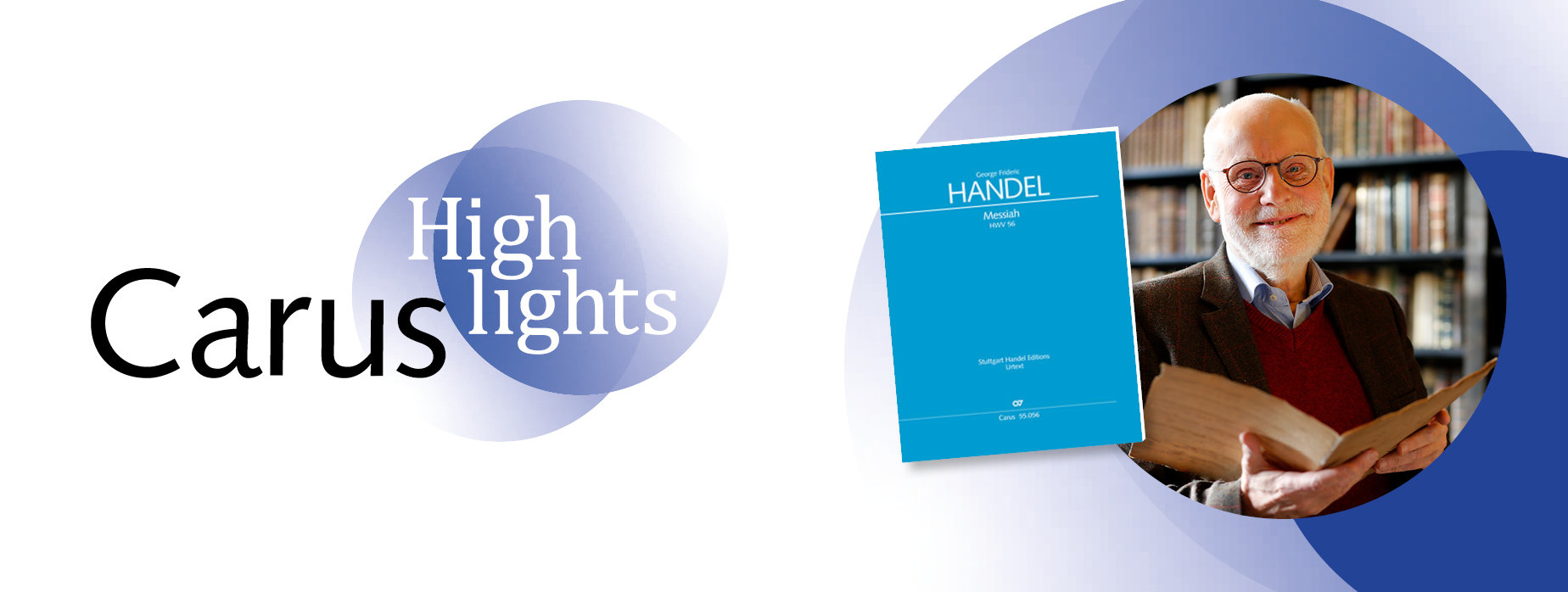
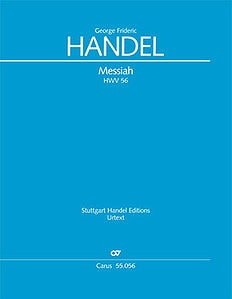
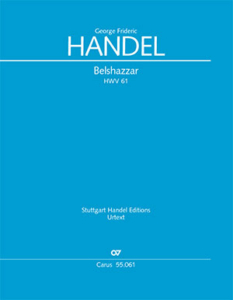
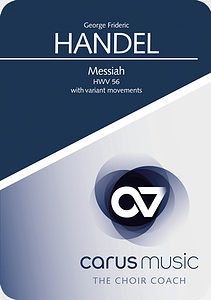
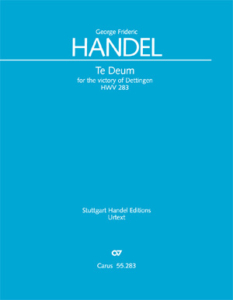





Leave a Reply
Want to join the discussion?Feel free to contribute!